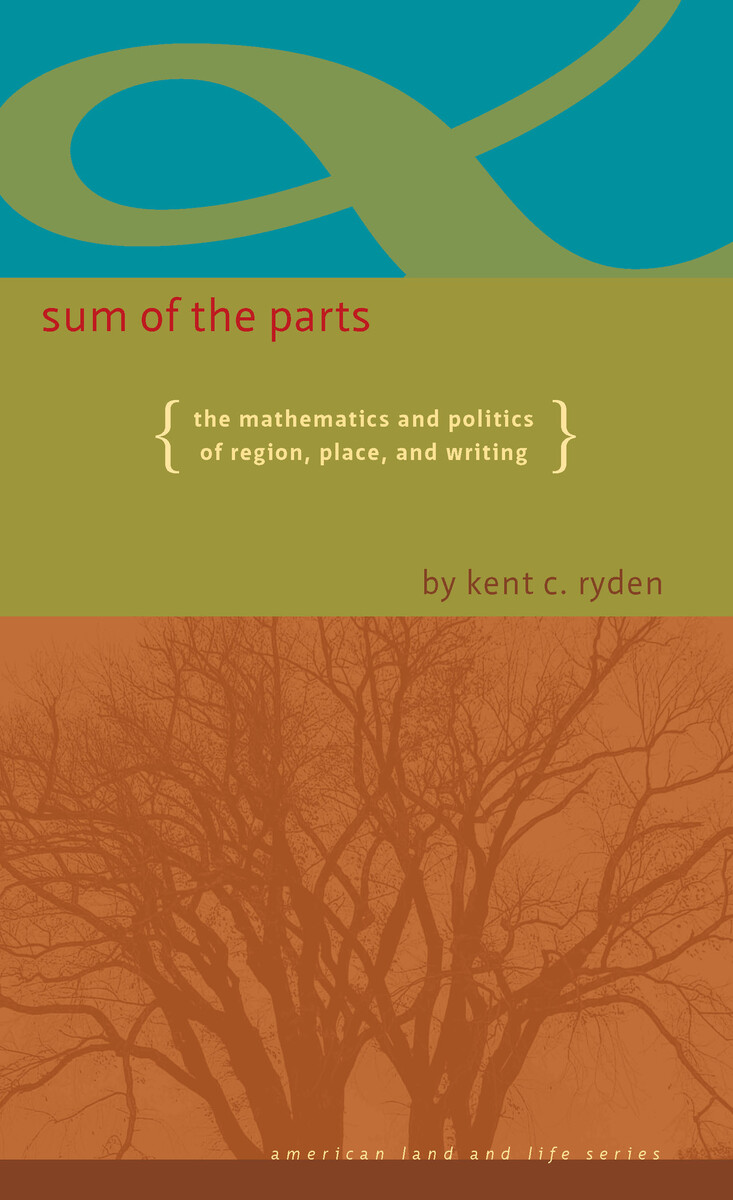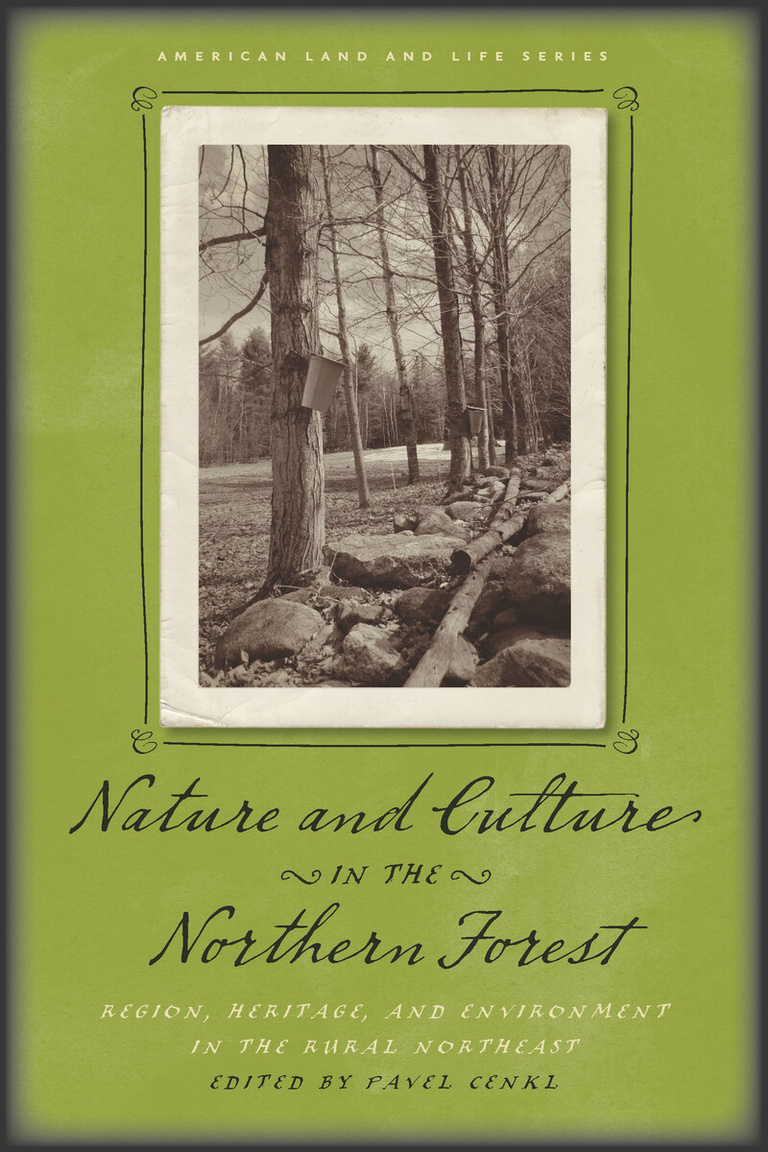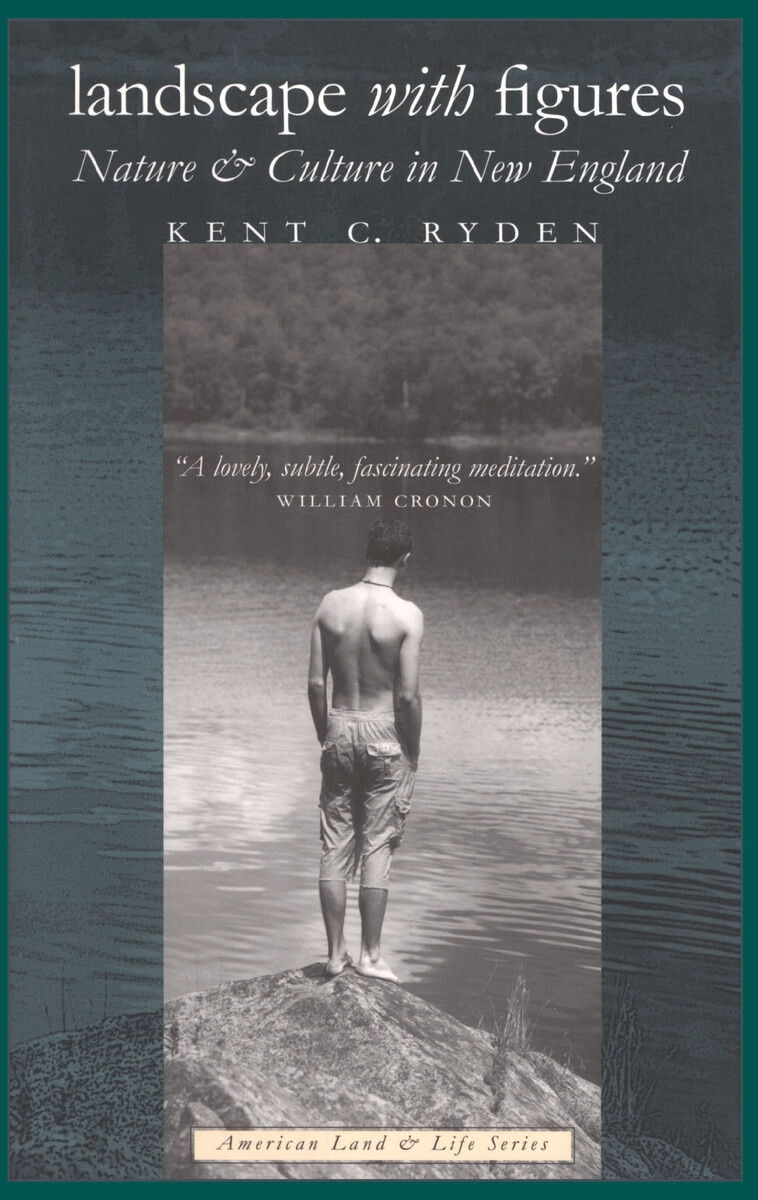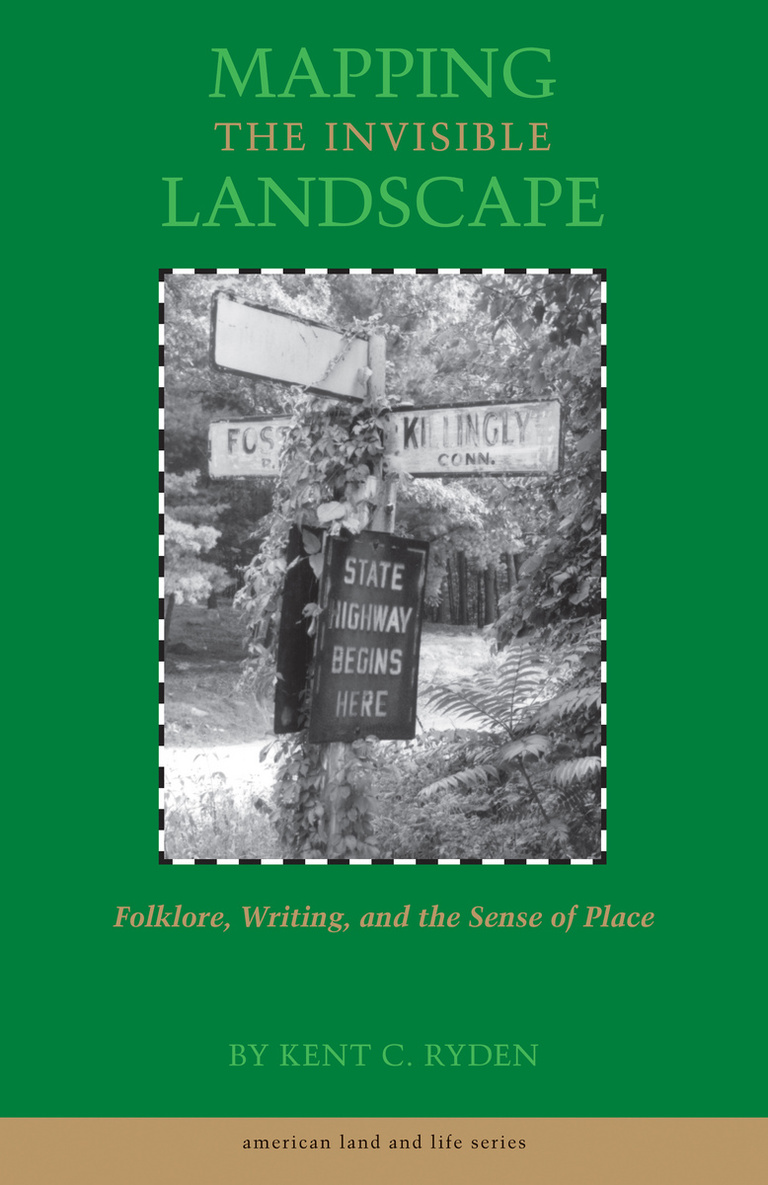Proponents of the new regional history understand that regional identities are constructed and contested, multifarious and not monolithic, that they involve questions of dominance and power, and that their nature is inherently political. In this lively new book, writing in the spirit of these understandings, Kent Ryden engagingly examines works of American regional writing to show us how literary partisans of place create and recreate, attack and defend, argue over and dramatize the meaning and identity of their regions in the pages of their books.
Cleverly drawing upon mathematical models that complement his ideas and focusing on both classic and contemporary literary regionalists, Ryden demonstrates that regionalism, in the cultural sense, retains a great deal of power as a framework for literary interpretation. For New England he examines such writers as Robert Frost and Hayden Carruth, Mary E. Wilkins Freeman and Edith Wharton, and Carolyn Chute and Russell Banks to demonstrate that today’s regionalists inspire closer, more democratic readings of life and landscape. For the West and South, he describes Wallace Stegner’s and William Faulkner’s use of region to, respectively, exclude and evade or confront and indict. For the Midwest, he focuses on C. J. Hribal, William Least Heat-Moon, Paul Gruchow, and others to demonstrate that midwesterners continually construct the past anew from the materials at hand, filling the seemingly empty midlands with history and significance.
Ryden reveals that there are many Wests, many New Englands, many Souths, and many Midwests, all raising similar issues about the cultural politics of region and place. Writing with appealing freshness and a sense of adventure, he shows us that place, and the stories that emerge from and define place, can be a source of subversive energy that blunts the homogenizing force of region, inscribing marginal places and people back onto the imaginative surface of the landscape when we read it on a place-by-place, landscape-by-landscape, book-by-book basis.
“In this integral cultural study, Kent Ryden casts a big net over a vast landscape, girding up the grid in scores of sublimely crafted word graphs. These essays map the constants of periphery, the deviations of the there and the there there. Sum of the Parts adds up. It multiplies as well. It performs elegantly all the calculating operations of insight, imagination, inspiration, and innovation. Squared.”—Michael Martone, author, 4 for a Quarter
“Kent Ryden’s manuscript is an unconventional and provocative exploration of why theories of regional identity can never quite account for the complexities of the lived experience of place as well as a searching effort to come to terms with why a sense of place matters at all. Ryden’s analysis is quirky and compelling: by framing his readings with broad mathematical models rather than traditional, linear literary history, he asks readers to see the idea of region from a fresh perspective, urges them to test the limits of commonsensical assumptions about what makes a region unified and whole, and challenges them to acknowledge the complexity of their own stories about how place and people shape one another.”—Stephanie Foote, University of Illinois at Urbana-Champaign
“This third book by Ryden extends his reach and relevance. Here he is at his whimsical best. By combining his passion for nature with his not obviously relevant interest in mathematics, he manages once more to help us think in different but equally productive ways about landscape and our place in it. . . . The net result is a wonderful series of insights delivered with Ryden’s typical grace and penetration.”—Wayne Franklin, from the foreword



